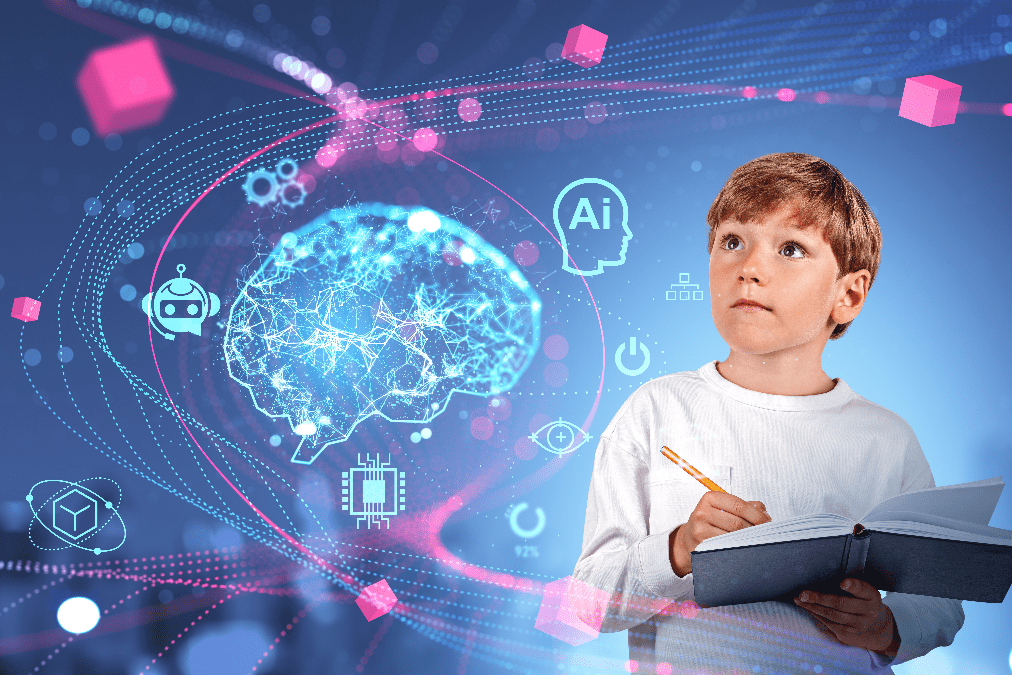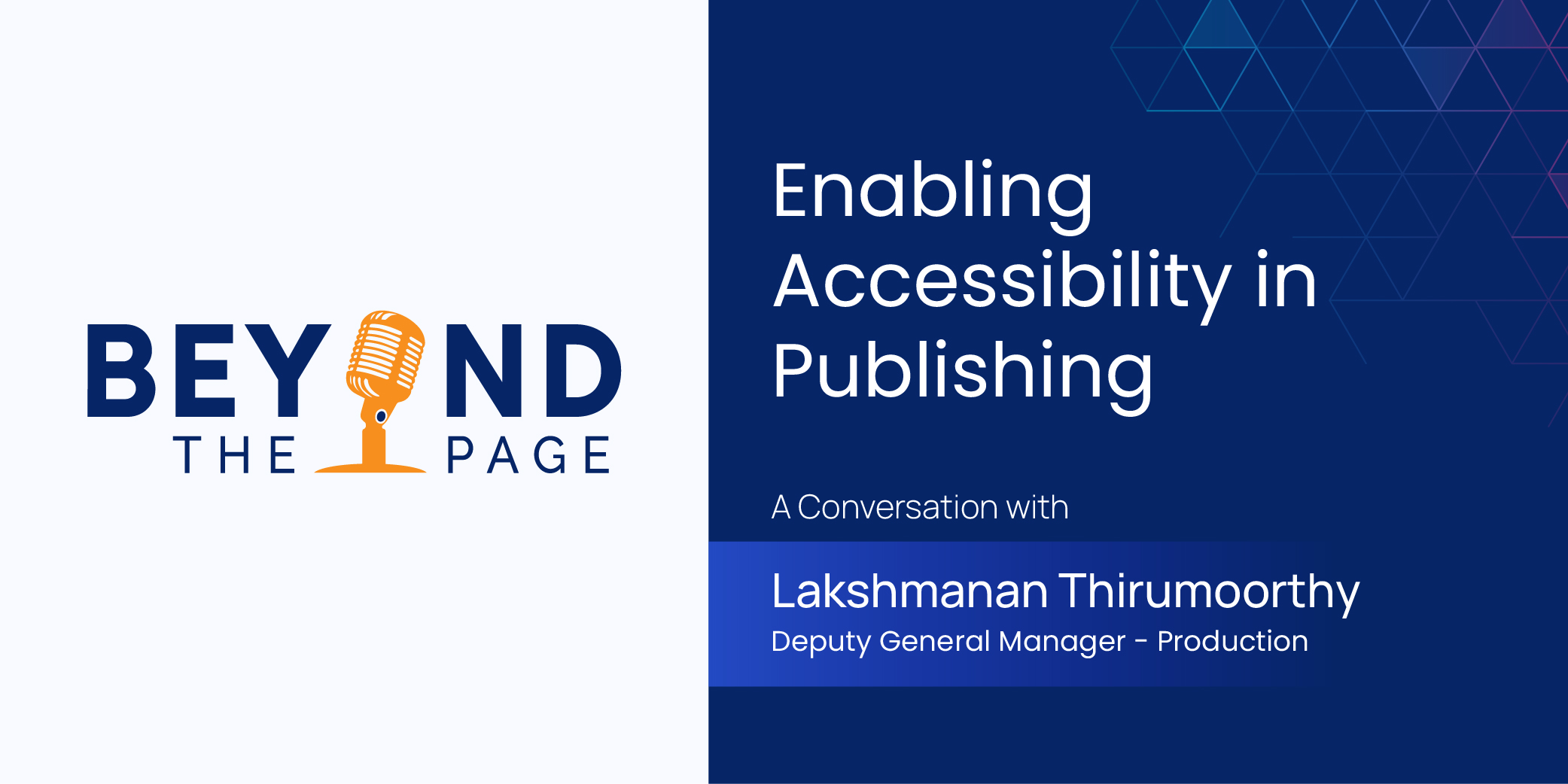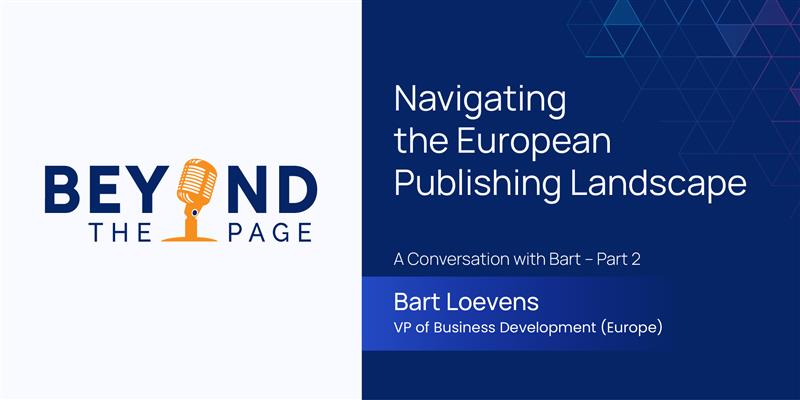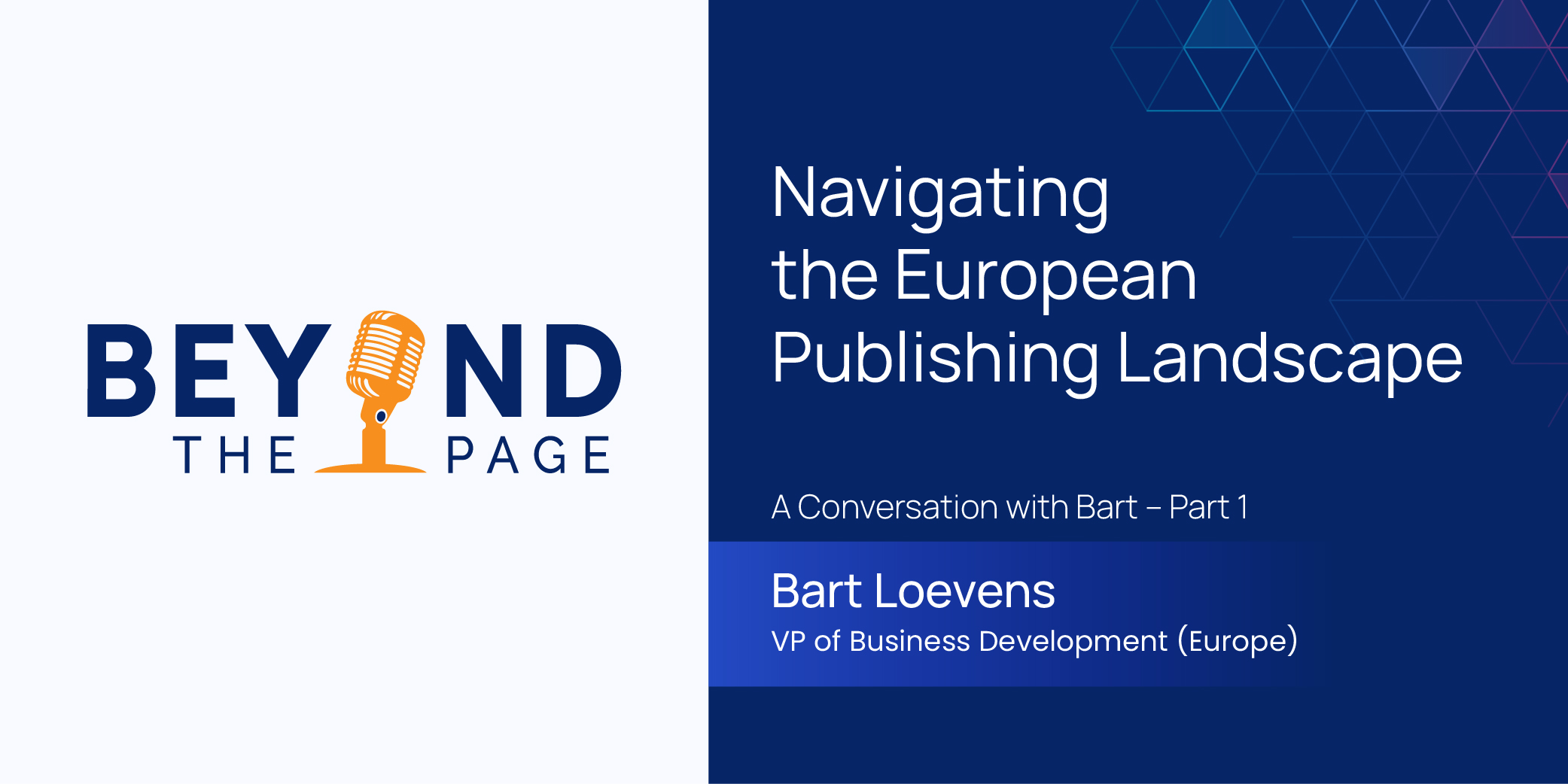Leveraging AI for Next-Gen Education: Crafting Adaptive Content

In today’s age of digitization, the symbiotic relationship between AI and education holds the potential to redefine the way we understand and consume educational content. “Artificial Intelligence (AI) has the potential to address some of the biggest challenges in education today, innovate teaching and learning practices, and accelerate progress towards SDG 4,” says UNESCO, while calling for a “human-centered approach to AI.”
This article provides an in-depth guide on how to harness the power of AI to create top-notch, personalized, and AI-driven educational content that can enhance the learning experience manifold.
Understanding AI in the Educational Context
To begin with, understanding the role of AI in education requires delving into the heart of its technical prowess. Machine Learning (ML), Natural Language Processing (NLP), and deep learning algorithms are just a few of the key elements that bring AI to life in educational contexts. These technologies enable the production of content that is not just rich in quality but also tailored to cater to individual learning needs. The multiple benefits that AI, ML, and NLP bring to education led the AI in Education market size to reach a whopping $4 billion in 2022, and is expected to witness a CAGR of 10% from 2023 to 2032.
Step 1: Data Collection & Analysis
In the realm of AI-driven educational content, data stands paramount. Acquiring qualitative data related to student behaviors, preferences, and academic standings is the foundation upon which AI mechanisms operate. Utilizing tools such as data analytics platforms and behavior tracking software, educators can acquire insights into the learning trajectories of students. This data serves as the backbone, enabling AI engines to generate content that resonates most effectively with the target audience.
In addition, AI is being used to analyze vast sets of student data, such as their interests, preferences, performance, and profiles to deliver personalized recommendations to fit each student’s learning needs and goals.
Step 2: AI-driven Content Curation
One of the most groundbreaking applications of AI in education is its ability to curate content dynamically. By harnessing the power of recommendation engines and personalization algorithms, AI sifts through vast repositories of educational resources to present students with material that aligns with their unique learning styles and academic requirements. This tailored approach ensures that learners are always engaged and are consuming content that is most beneficial for their academic growth.
Step 3: Adaptive Learning Modules
Beyond mere curation, AI paves the way for real-time content adaptation. Research demonstrates that AI offers new opportunities to adapt the various elements of learning, such as pedagogy, content, learning path, presentation, etc., to meet learner needs, learning style, prior knowledge, performance levels, preferences, etc., to enhance learning outcomes.
Recognizing patterns in student engagement and performance, AI-driven systems can dynamically modify content, adjusting difficulty levels, introducing new challenges, or revisiting foundational concepts. This adaptive learning framework ensures that students are consistently challenged at an optimal level, promoting better comprehension and retention of knowledge.
Step 4: Interactive AI Tools
To bolster the learning experience, integrating virtual tutors/chatbots and AI-fueled Q&A sessions can be a game-changer. With the advancement of NLP, these interactive tools are now capable of simulating human-like interactions. Students can pose questions, seek clarifications, or delve deeper into topics, with the AI-driven system responding in real-time, ensuring that learners always have a supportive entity to guide them through their academic journey
Step 5: Continuous Evaluation and Iteration
An essential component of AI-driven educational content is its innate ability to evaluate and refine itself. By continuously monitoring student interactions and feedback, AI systems can identify areas of improvement in the content. This continuous evaluation mechanism facilitates iterative refinements, ensuring that the educational content is always evolving and adapting to better serve the needs of the students.
As we stand on the cusp of an educational revolution, the melding of AI and education showcases a horizon brimming with limitless possibilities. The synergy of these two domains promises a future where learning is not just personalized but also deeply engaging, dynamic, and continuously evolving. It sets the path for a brighter, more informed future, with AI-driven educational content at its core.
News & Insights

Enabling Accessibility in Scholarly Publishing – A Conversation with Lakshmanan Thirumoorthy

Navigating the European Publishing Landscape – A Conversation with Bart – Part 2

